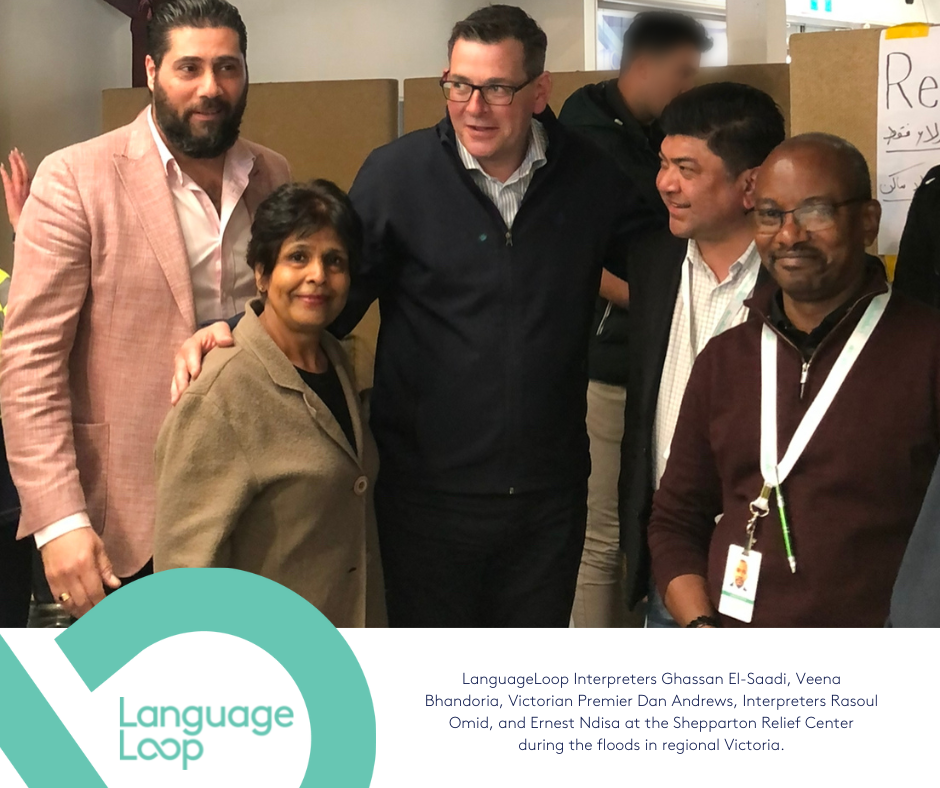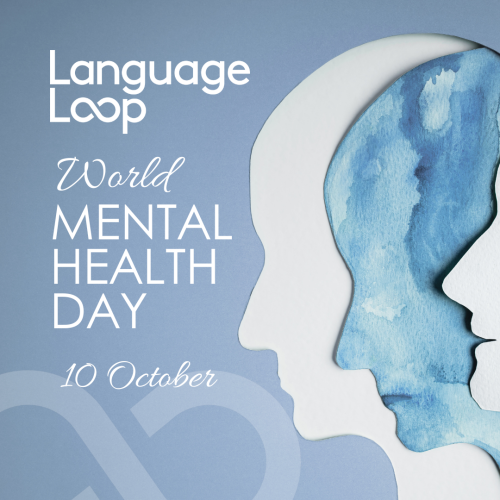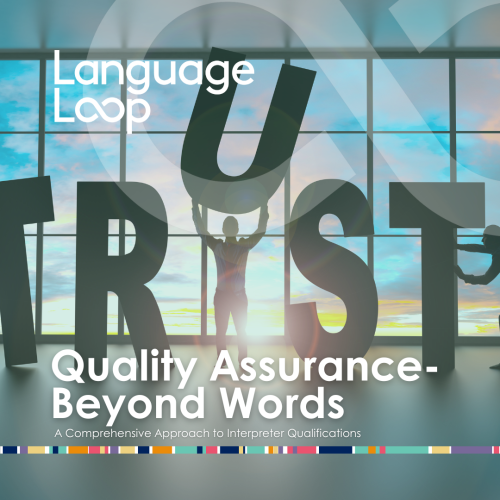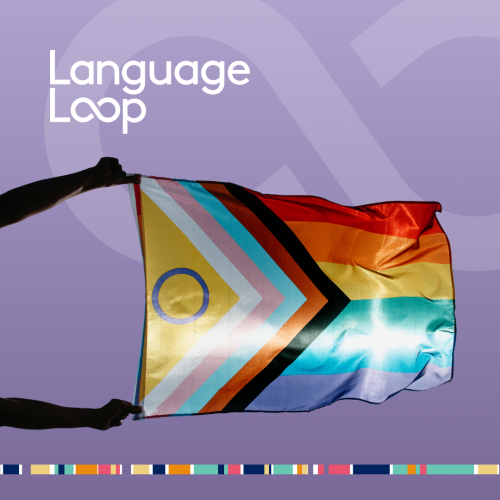Much has been said about the unprecedented flooding in Regional Victoria this year, while the service provided by LanguageLoop Interpreters is business as usual. When the Victorian community is affected by such an emergency, communication becomes the difference between victims who can access resources and those who cannot. For CALD families, or culturally and linguistically diverse families, Interpreters provide the connection to the information they will need as the water recedes.
Returning to life before the water came will have ongoing challenges. LanguageLoop Interpreters across five languages were at the Shepparton Emergency Hub to help the flood affected. Interpreters put their own lives on hold, travelled to a flood-ravaged area, and spent up to 10 days at a time working with local families. This vital service allowed questions to be answered and assistance received in the local ethnic communities’ preferred language, beginning the long path back to normal for the victims of the flooding.
This is everyday work for Interpreters. LanguageLoop Interpreters are present when needed in hospitals, emergencies, and police stations at all hours of the day, every day of the year. They provide a voice for those who need to be heard when it matters.








